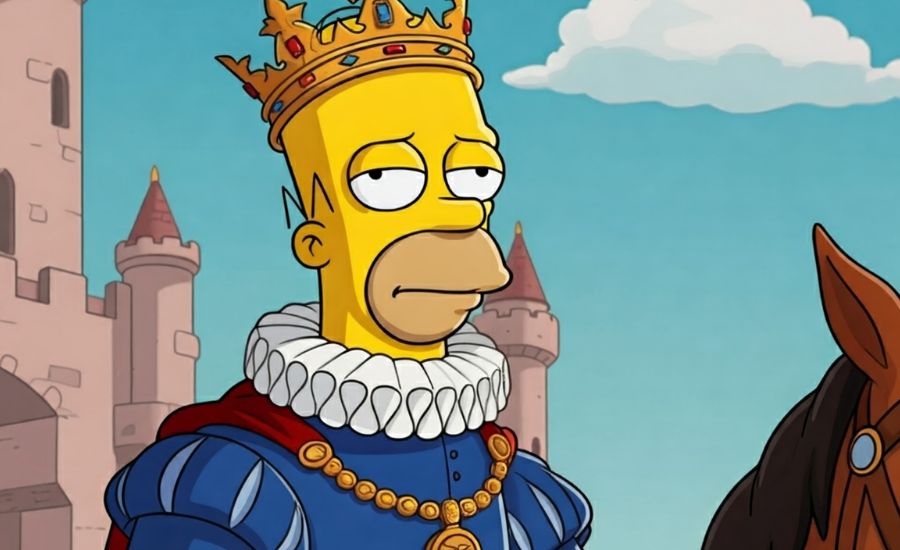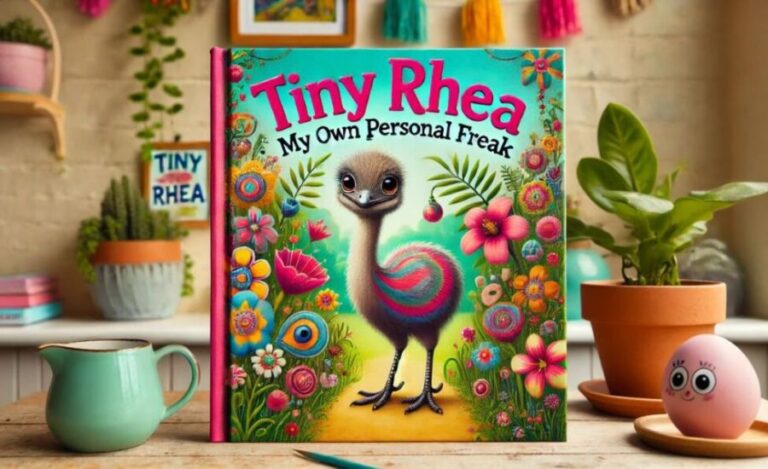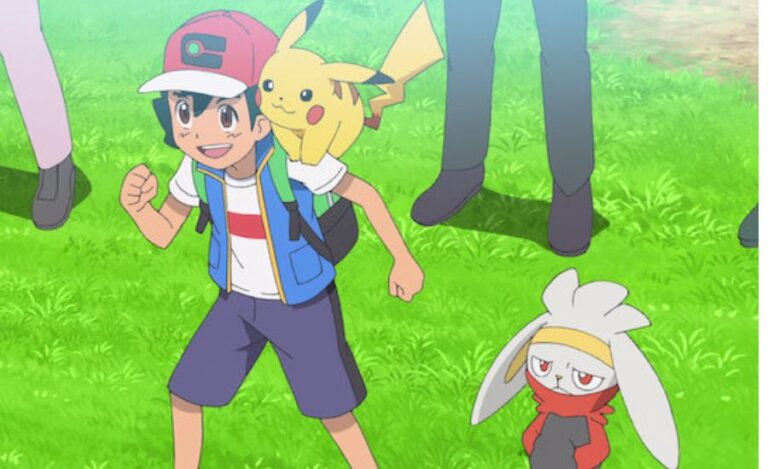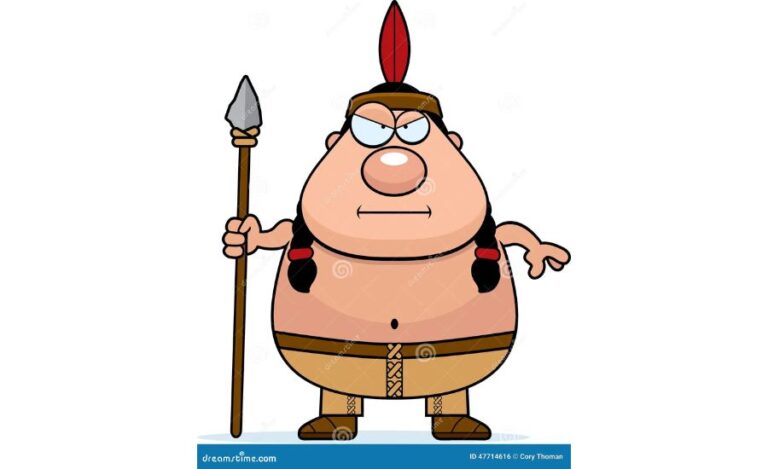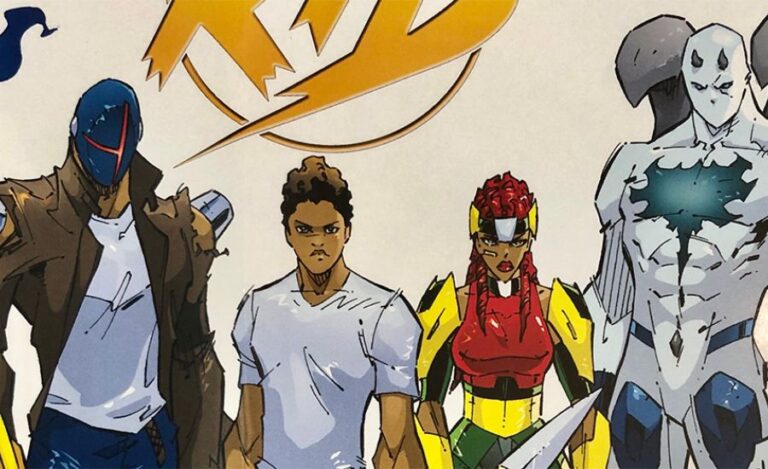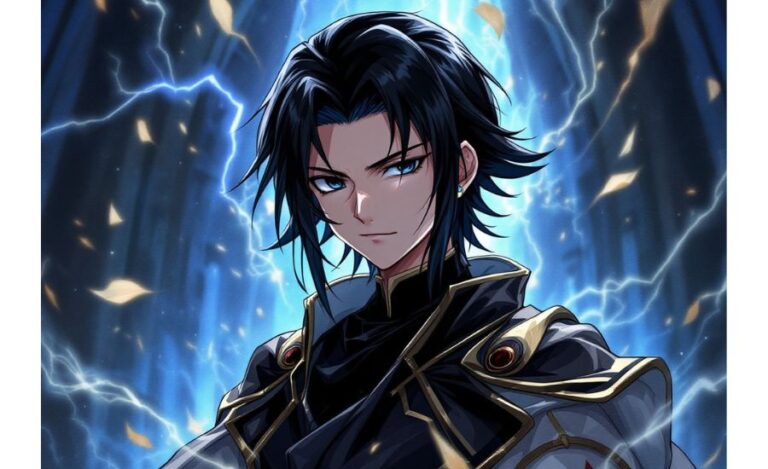Kukleion Athanaton Homer, Concept, Immortality, Role & More
Introduction
The concept of immortality, where the lines between life and death are indistinct, has long been a subject of fascination. Throughout history, humans have sought ways to transcend the limitations of mortality, a theme that is central in numerous mythologies and literary works. One such exploration of immortality is found in the epic Kukleion Athanaton Homer. This thought-provoking narrative weaves a complex web of characters, each grappling with their own relationship to death and eternity.
In Kukleion Athanaton Homer, the theme of immortality is not only examined through the lens of ancient Greek mythology but also speaks to contemporary desires for lasting significance. The work invites readers to reflect on the nature of life beyond death, how legends are born, and what it truly means to be remembered. In this article, we will explore the deeper layers of immortality within the context of Greek myths, and how these ancient narratives still resonate in today’s quest for eternal relevance.
The Concept of Immortality in Ancient Greek Mythology

In ancient Greek mythology, immortality was a concept tightly bound to the divine. Gods and goddesses roamed Mount Olympus, impervious to the ravages of time. Their existence was eternal, untouched by death. For mortals, however, the fate of death was inevitable. Yet, some sought to defy this ultimate truth by pursuing legacies that would outlast their physical lives.
Heroes like Achilles, for example, questioned their mortality and sought a form of immortality through glory on the battlefield. The Greeks believed that by achieving great feats, a hero could secure eternal remembrance, even if not through physical life. Heroes were often immortalized in stories, their names and actions living on in the memories of others.
Myths also depicted transformations that symbolized a form of immortality. Heroes might be turned into constellations, rivers, or trees, offering a poetic metaphor for immortality through nature and remembrance. This was not immortality in the literal sense but rather an enduring presence through legacy or natural elements.
The duality of immortality and mortality in Greek mythology underscores a philosophical tension that continues to resonate. It reflects the human desire for eternal life, as well as the acceptance of human fragility. Through these myths, ancient texts invite readers to delve deeper into the meaning of immortality—whether it is to be found in the afterlife, in the pages of history, or in the collective memory of humanity. This exploration speaks to the heart of what it means to transcend the confines of time and exist in a form that outlives our physical bodies.
How Kukleion Athanaton Homer Explores Immortality
Kukleion Athanaton Homer offers a profound exploration of immortality, weaving this theme into the very fabric of its narrative. As the characters journey through the epic, they grapple with the complexities of eternal life, which is not portrayed as a simple pursuit of glory or perfection. Instead, the poem presents immortality as a multi-faceted concept, full of both allure and hidden dangers.
While immortality is often sought with noble intentions, the consequences of achieving it are far from straightforward. Characters face not only the temptation of eternal life but also the profound isolation and emotional weight that can accompany it. This duality highlights the tension between the human desire to transcend mortality and the often harsh realities of what it means to live forever. The poem challenges readers to reflect on their own perspectives on legacy, death, and the meaning of existence, making it particularly resonant in modern times when the concept of permanence continues to fascinate.
Through rich symbolism and evocative imagery, Kukleion Athanaton Homer illustrates immortality as both a blessing and a burden. The narrative invites readers to consider the cost of eternal life and what it truly means to leave a lasting impact on the world. This exploration of immortality not only serves as a reflection on ancient Greek philosophy but also speaks to contemporary concerns about memory, legacy, and the pursuit of meaning beyond death.
Analysis of Key Characters and Their Pursuit of Immortality

The characters in Kukleion Athanaton Homer each embody distinct motivations for seeking immortality, and their individual journeys shed light on different philosophical interpretations of life and death.
Achilles, for example, seeks immortality through glory. His desire to be remembered for his heroic deeds on the battlefield reflects the ancient Greek belief that fame could offer a form of eternal life. For Achilles, it is not about evading death but ensuring that his name will endure through the stories of others.
On the other hand, Odysseus’s pursuit of immortality is rooted in his quest for knowledge and experience beyond the mortal realm. While he seeks wisdom that transcends death, he ultimately finds that true immortality lies not in escaping death but in accepting his humanity. Odysseus’s journey is a meditation on the importance of embracing the limitations of life while striving for a meaningful existence.
Circe, in contrast, represents another aspect of immortality—transformation. Her use of magic to evade death reflects a desire to control her fate and achieve survival on her own terms. However, this transformation comes at a cost, as Circe’s immortality is bound to her choices and the consequences of her actions. Her character embodies the tension between power and responsibility, showing that immortality, even if achievable, may not offer true freedom.
These diverse character arcs reveal the many ways in which the pursuit of immortality can manifest. Each character’s story offers valuable insights into the human condition and challenges readers to consider what immortality truly means—whether it’s through legacy, wisdom, or the freedom to shape one’s destiny. Through these intricate journeys, Kukleion Athanaton Homer invites us to reflect on the nature of life, death, and the enduring human quest for meaning.
The Role of Mortality in Kukleion Athanaton Homer
In Kukleion Athanaton Homer, mortality plays a crucial and thought-provoking role, acting as a backdrop that influences both the narrative and character development. The inevitable presence of death shapes the motivations, choices, and paths of the characters, adding depth to their journeys. Mortality is not just a concept but a driving force that compels the characters to act with urgency and purpose.
The awareness of their finite existence pushes heroes to pursue glory and achievement, not solely for personal gain, but with the desire to leave a lasting legacy. Their quests are not only about ambition; they are about ensuring that their actions have a timeless impact. This constant tension between life and death propels the story forward, making each decision and moment more significant.
Furthermore, the awareness of mortality strengthens the bonds between characters. The shared recognition of their limited time together fosters deeper connections and makes their relationships more meaningful. Each interaction, whether of camaraderie, conflict, or love, carries weight as they face the fragility of existence together. This exploration of life and death invites readers to reflect on their own lives and the way in which they make use of their time, encouraging a deeper understanding of what it means to live with awareness of mortality.
Comparing Kukleion Athanaton Homer to Other Works on Immortality
Kukleion Athanaton Homer presents a distinctive approach to immortality, particularly in comparison to other ancient and philosophical works. While the Epic of Gilgamesh focuses on the hero’s quest for eternal life through divine intervention and external means, Kukleion Athanaton Homer delves deeper into the complexity of immortality through the personal struggles and desires of its characters. The pursuit of eternal life is depicted not as an easily attainable goal but as a difficult and often burdensome journey.
Unlike Plato’s dialogues, which engage in abstract philosophical discussions about the immortality of the soul, Kukleion Athanaton Homer takes a more grounded approach, focusing on tangible quests and real-life challenges. The characters’ pursuits of immortality are intensely personal, shaped by their desires for glory, understanding, and meaning. This brings a more human dimension to the quest, making it relatable to readers on an emotional level rather than purely intellectual.
In contrast to many modern portrayals of immortality in fantasy literature, where characters often acquire eternal life effortlessly or as a byproduct of magic, Kukleion Athanaton Homer emphasizes that immortality is not simply granted—it must be earned. The characters’ struggles and sacrifices underline the idea that true immortality comes through hardship, decision-making, and the consequences of one’s actions.
By blending rich mythological storytelling with deep character development, Kukleion Athanaton Homer stands out as a powerful and thought-provoking exploration of immortality. It not only adds a valuable voice to the conversation across cultures and eras but also invites readers to reflect on their own understanding of life, death, and the pursuit of eternal significance.
The Ongoing Relevance of Immortality in Kukleion Athanaton Homer
The theme of immortality explored in Kukleion Athanaton Homer resonates powerfully with contemporary audiences, transcending time and cultural boundaries. Even in today’s world, the idea of eternal life continues to captivate our imagination and spark deep philosophical reflections. From the realms of literature and film to advancements in science focused on life extension, humanity’s fascination with immortality remains an enduring theme.
In an era where technology offers the potential for longer lifespans and regenerative therapies may someday enable us to reverse aging, discussions on mortality have never been more pertinent. Kukleion Athanaton Homer offers profound insights through its characters, who, in their pursuit of eternal life, embody both ambition and vulnerability. These figures reflect modern-day struggles with identity, legacy, and the desire for significance beyond our finite existence.
The exploration of immortality in the poem invites us to question what it truly means to live fully within the confines of time. It encourages a reevaluation of values—what matters more, lasting fame or meaningful, personal connections? This timeless dialogue ensures that the ancient exploration of immortality continues to inform contemporary thought, pushing us to reflect on our own lives and the choices we make.
Ultimately, Kukleion Athanaton Homer enriches our understanding of ancient mythologies while offering us a mirror to examine our present lives. As we confront questions surrounding life, death, and the pursuit of meaning in the face of our transience, this epic remains a relevant and thought-provoking work. Its impact continues to inspire introspection, urging us to consider what it means to be human in a world that grapples with the eternal struggle between mortality and immortality.
Summary of Kukleion Athanaton Homer
Kukleion Athanaton Homer is an epic that deeply explores the concept of immortality, weaving it through the struggles and desires of its characters. The work reflects the ancient Greek understanding of life, death, and the pursuit of eternal significance. The characters, like Achilles, Odysseus, and Circe, each seek immortality for different reasons, ranging from the desire for eternal glory to the wish for transcendence beyond death. The narrative examines immortality not as a simple blessing but as a complex and often burdensome pursuit that brings both triumph and isolation.
The poem also highlights the tension between mortality and immortality, where the awareness of death shapes the characters’ actions and relationships. It serves as a profound meditation on what it means to live fully and leave a lasting legacy, questioning the true value of immortality. In comparison to other works on immortality, Kukleion Athanaton Homer offers a more personal and tangible exploration, grounding the quest for eternal life in the emotional and philosophical struggles of its characters.
FAQs
1. What is the central theme of Kukleion Athanaton Homer?
The central theme of Kukleion Athanaton Homer is immortality, explored through the characters’ desires and struggles to transcend mortality. The poem examines immortality not just as a pursuit of eternal life, but also the consequences and complexities associated with it.
2. Who are the key characters in Kukleion Athanaton Homer?
Key characters include Achilles, who seeks eternal glory; Odysseus, who explores the limits of human experience and wisdom; and Circe, who uses magic to escape death but still faces the emotional consequences of her choices.
3. How does the poem address the tension between life and death?
The poem emphasizes how mortality shapes the characters’ actions, driving them to seek immortality. Their awareness of death fosters urgency in their quests and deepens their relationships, adding a layer of complexity to their interactions.
4. What makes Kukleion Athanaton Homer stand out compared to other works on immortality?
Unlike other ancient texts like The Epic of Gilgamesh, which focus on divine intervention for immortality, Kukleion Athanaton Homer explores the personal and emotional journey of immortality, highlighting the human struggle between desire for eternal life and the acceptance of mortality.
5. How does Kukleion Athanaton Homer relate to modern-day concepts of immortality?
The themes of immortality in the poem are still relevant today, particularly as advancements in science and technology promise longer lifespans and potential life-extending therapies. The characters’ pursuit of immortality mirrors contemporary struggles with identity, legacy, and our desire to live beyond our natural lifespan.
Key Facts
- Immortality as both a gift and curse: In Kukleion Athanaton Homer, immortality is not depicted as a simple blessing, but as something that brings both benefits and unintended consequences, such as isolation or emotional turmoil.
- Character-driven exploration: The pursuit of immortality in the poem is deeply personal, with characters like Achilles and Odysseus representing different aspects of this quest—glory, wisdom, and transcendence.
- The role of mortality: Mortality is a driving force in the poem, shaping characters’ actions and motivations. The awareness of death propels the characters to act with urgency, underscoring the importance of leaving a lasting legacy.
- Comparative exploration: Kukleion Athanaton Homer stands apart from other works, such as Plato’s dialogues or modern fantasy, by emphasizing personal quests for immortality rather than abstract philosophical or magical explanations.
- Enduring relevance: The themes of immortality explored in Kukleion Athanaton Homer continue to resonate with modern audiences, inviting introspection on the meaning of life, legacy, and the quest for significance in the face of mortality.
For more Information About Animation visit idealrular.com
